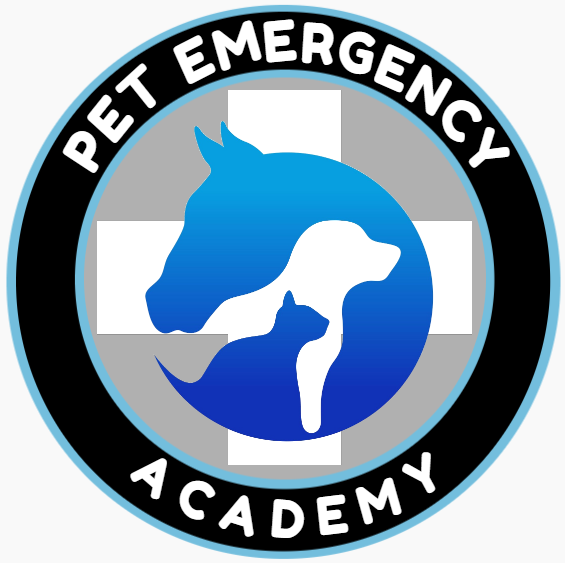ASR-Lesson 1- Safety in a Shelter/Rescue
Safety when working in an animal shelter or rescue is very important. Not only safety for animals but people as well. Below are some things you should be mindful of when working in this environment. Another great reference is the Guidelines for Standards of Care in Animal Shelters. Click Here to download a copy.
ZOONOSIS
Zoonosis is the term used to describe diseases that can be passed from animals to humans and vice versa. This is an issue of special importance to staff who work in animal shelters because of the unknown background and high incidence of disease in shelter animals. Veterinary staff who work in animal hospitals, zoos and laboratories, for example, know more about the medical history of their patients than shelter workers dealing with large numbers of stray animals on a daily basis. There are at least 200 known zoonotic diseases, and more are being continually added to the list. Fortunately for most shelter workers dealing mainly with dogs and cats, the list of zoonotic diseases to be concerned about is much shorter than 200. The good news is also that most of these diseases can be avoided or their impact minimized by following a few straightforward rules.
The single most effective thing you can do to avoid contracting a disease from an animal or from the shelter environment is to:
ALWAYS WASH YOUR HANDS AFTER HANDLING ANYTHING.
In addition, make certain to wash before handling any food or putting your hands in your mouth or up to your face and eyes.
Most diseases are spread through the oral route or by penetration through breaks in the skin or mucus membranes. This one simple step of handwashing will prevent the spread of most diseases by avoiding the route of infection. This is not foolproof, however, as some disease organisms can penetrate intact skin or are inhaled.
Other precautions:
- Wear gloves when cleaning and disinfecting cages, food and water bowls, litter pans, etc.
-
-
This is especially important if you have any open wounds on your hands and arms.
Wash your hands after removing the gloves. There may have been a break in the gloves.
-
-
Seek prompt medical attention for any scratches, bites or wounds received on the job.
-
-
Use gloves and the proper equipment when handling dangerous animals to avoid injury.
-
Wash and disinfect any wounds received immediately, and seek professional attention.
-
Avoid self-treatment.
-
-
Wash hands using iodine based disinfectant soaps
-
-
According to the CDC, in order to wash ones’ hands properly, hands should be lathered and rubbed together vigorously for at least 10 -15 seconds, and then rinsed thoroughly under a forceful stream of warm water.
-
-
Never clean cages in the kitchen or anywhere food is prepared or consumed.
- Avoid eating food in areas where animals are housed or treated.
- Avoid keeping food in the refrigerator with veterinary drugs like vaccines or laboratory samples. These are considered biohazards.
- Avoid letting animals lick your face or wounds
- Use extreme care to avoid being bitten or scratched when handling fractious animals.
- Call for assistance whenever necessary and learn how to use proper restraint equipment such as heavy gloves, nets, tranquilizers, etc
Pregnant women should avoid cleaning litter boxes because of the risk of contracting Toxoplasmosis.
-
The risk is actually minimal and most cases of Toxoplasmosis are not transmitted to humans from cat feces, but from ingestion of contaminated or undercooked meat. Prompt daily cleaning of the litter box disposes of fecal material before it becomes infective. However, to be on the safe side, this duty should be assigned to others.
-
If you do become ill, let your physician know that you work with animals.
- If you don’t know if a disease or condition is zoonotic or not, assume that it is and treat it accordingly. Wear gloves and masks, isolate the animal, wash hands, and DISINFECT, DISINFECT, DISINFECT!
- It should always be remembered that most people who work with or own animals do not contract any of these diseases. The people most at risk are the elderly, young children, and people who are immune-compromised, such as HIV patients or people taking immunosuppressive drugs. The rewards obtained from the human animal bond far outweigh the risks of becoming ill from contact with animals.
All staff who handle animals should have a pre-exposure rabies vaccination.
